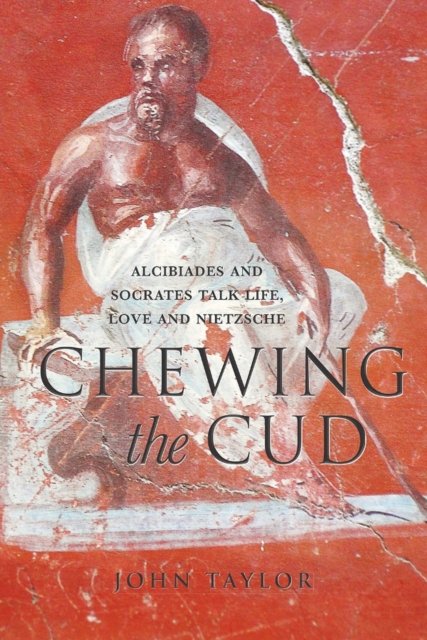
Chewing The Cud : anticipations of Nietzschean thought PDF
by John Taylor
Description
Horace, the Roman poet, once declared that his aim was to say something serious through the medium of comedy. The aim here is to do likewise; to say something serious about Nietzsche's continuing relevance through a fractious and both good and ill-humoured dialogue between an all too- human, and ageing Socrates and his former companion at arms, the Athenian general, Alcibiades. The discussion ranges over matters both personal and philosophical, for, as Horace declined to mention, you only get the wider audience by keeping them rolling in the aisles.
To this end a certain license has been taken with events, dates, and the characters as originally described by Plato and others. The action takes place over the course of the day after Plato's "Symposium" with a sexually importunate Socrates accosting Alcibiades at a beauty spa and attempting to draw him into conversation. Unbeknown to Socrates, Alcibiades begins to give voice not only to his own concerns and situation but to the philosophy of he who aspires to be Socrates' nemesis - Friedrich Nietzsche.
All this takes place against a back-drop of a once mighty Athens ravaged by plague and mourning the loss of its pre-eminent elder statesman Pericles, Alcibiades' adoptive father. Death's scythe having decimated the population, lesser lights are contending to fill the power vacuum by championing the re-assertion of Athenian power by means of what will subsequently prove to be an ill-fated Sicilian adventure. Not exempt from the prevailing gloom, Philosophical ambition also lies in ruins. Plato has just returned from the court of Dionysius having failed to persuade the king that humanity's best interest would be served by the rule of philosopher-kings as drafted in his Republic".
Only partially aware of what all this portends for the future, Alcibiades begins to pick apart the philosophy which Socrates, worrying about his legacy, has spent a lifetime wittingly, and - as he sometimes complains - unwittingly, promoting at the behest Plato's quill - the inquisition ranging over both intimate and philosophical issues concerning the self, morality, truth, art, women and love. Alcibiades is all too well aware that the problems only begin with the death of God for what is really at issue, and remains so to this day, are the shadows still cast by this former belief.
Information
-
Download - Immediately Available
- Format:PDF
- Pages:435 pages
- Publisher:Arena Books
- Publication Date:26/08/2013
- Category:
- ISBN:9781909421295
Other Formats
- PDF from £17.99
Information
-
Download - Immediately Available
- Format:PDF
- Pages:435 pages
- Publisher:Arena Books
- Publication Date:26/08/2013
- Category:
- ISBN:9781909421295






